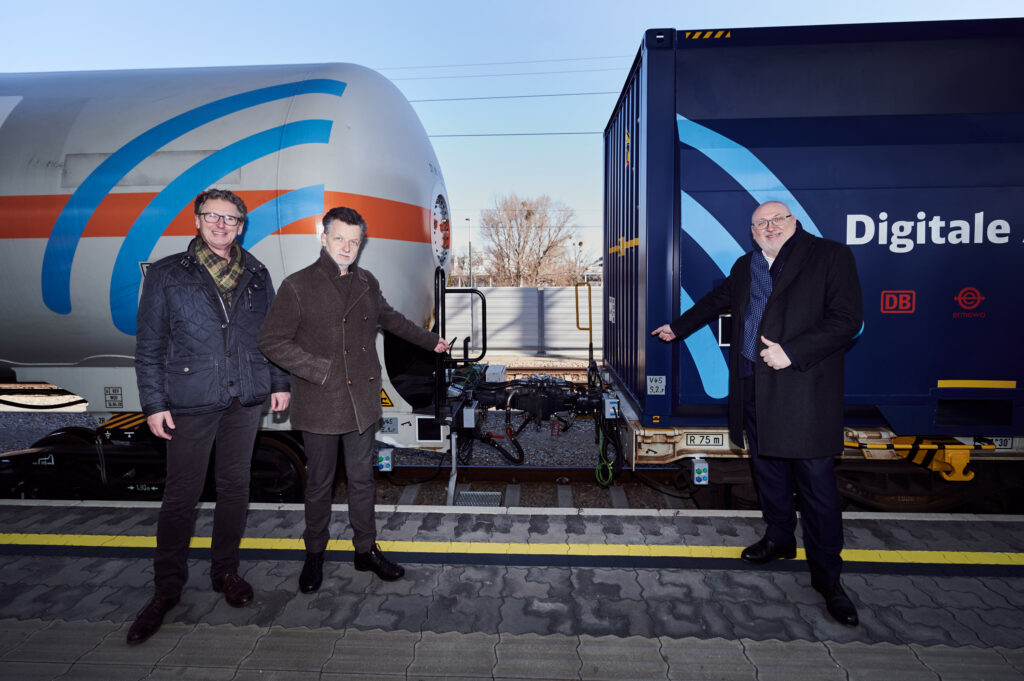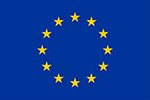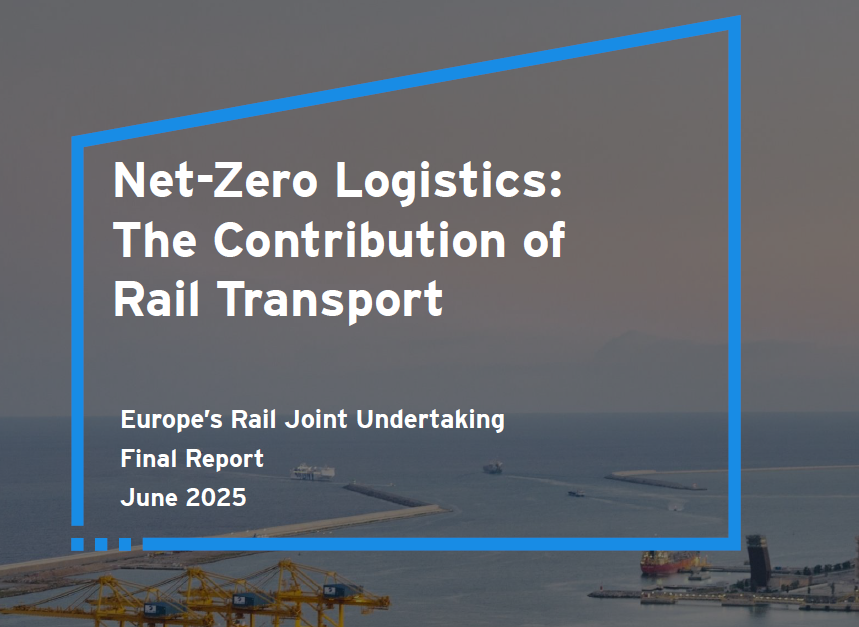Europe must take decisive steps to simplify and modernise its rail systems to strengthen competitiveness,...
The introduction of the Digital Automatic Coupler (DAC) aims to address the three main challenges of the European rail freight sector – increasing capacity, productivity and quality – which are crucial for a more efficient and modern rail freight system. The DAC will be a major game changer for the modal shift to rail to achieve the aspiring EU Green Deal objectives.

Präsentation Digitale Automatische Kupplung
Copyright: ÖBB/Marek Knopp
Currently extensive research, innovation and development work is going on a European and national levels to make sure DAC is ready for serial production. The ambition for DAC is to successfully achieve the transformation from the current screw coupling system to the digital automatic coupling system until 2030. This requires further testing over several years under real operational conditions. In the coming years, the DAC can be stepwise deployed and be in use throughout Europe. The basis for this is a pan-European coordinated and funded deployment program.
A milestone reached
From February to the beginning of March 2022, the so-called “DAC demonstrator train” (as part of the DAC4EU project) was stopping at four different stations all over Austria and run through an extensive test program. The findings and the knowledge gained from operational tests will be taken into account for the further development of the DAC. Employees had the opportunity to gather experiences and evaluations from railway workers whose daily work will be significantly facilitated thanks to the new DAC.
The DAC will revolutionize European rail freight transport in several ways
First of all, it will enable Europe to finally catch up on a technology backlog. And secondly, the further reaching value of a DAC becomes evident, next to automatic coupling, when we look at new functionalities offered for the freight train in general, meaning the automation of the other operational procedures during train preparation and train run (such as automated wagon registration, automation of the technical wagon inspection, automatic brake test incl. calculation of the braking capacity, train integrity function prerequisite for ETCS Level 3 (moving block) operation, electro-pneumatic brake generating lower longitudinal compressive forces, use of distributed power/loco control allowing to form longer trains, telematic applications for improved customer information and maintenance). The DAC, with energy supplying to all wagons and secure data communication throughout the train, is the indispensable basis for Europe-wide interoperable, efficient full digital freight operations.
In the perspective of the sector initiative, the European DAC Delivery Programme, the DAC demonstrator train running in Austria is a milestone, but further research, innovation and development will be necessary in the upcoming years. The most effective framework is Europe’s Rail Joint Undertaking, the successor programme of the Shift2Rail Joint Undertaking. For Europe’s rail freight it is essential that technology is functioning in a seamless, integrated, interoperable, well-tested and EU-wide authorized way on the DAC backbone system on all freight trains. Therefore, further work on new functionalities “ready to use”, is required to achieve the single European technology framework for full digital freight operations, with a well-managed interface and system integration with DAC for becoming deployable as of 2026.
The European DAC Delivery Programme (EDDP)
The European DAC Delivery Programme (EDDP), enabled by Shift2Rail, is a unique platform dedicated to the successful implementation of Digital Automatic Coupling (DAC) as a means to revolutionise rail freight systems in Europe. Founded on an open cooperation concept, the project gathers a wide range of entities from railway undertakings, infrastructure managers and wagon keepers, as well as the rail supply industry, entities in charge of maintenance, concerned sector organisations, rail research centres and national and European political institutions. The aim is to deliver a European DAC solution through an integrated shared programme, building upon R&I results and pilots, and ensuring the necessary actions for a fast, technically and economically feasible European‐wide roll‐out.
More information at www.rail-research.europa.eu/european-dac-delivery-programme
The European consortium DAC4EU
The consortium DAC4EU, consisting of the consortium leaders DB AG, ÖBB Rail Cargo Group, DB Cargo and SBB Cargo as well as the wagon keepers Ermewa, GATX Rail Europe and VTG, is testing several prototypes on behalf of the German Federal Ministry of Transport and Digital Infrastructure (BMVI) of digital automatic coupling types from various manufacturers. The test results of the consortium are to feed into the selection decision to be made by the European DAC Delivery Programme (EDDP) for a uniform coupling type in Europe. The consortium started its work in June 2020. The BMVI is financing the project with around 13 million euros over the project duration of two and a half years.
More information at www.dac4.eu
















